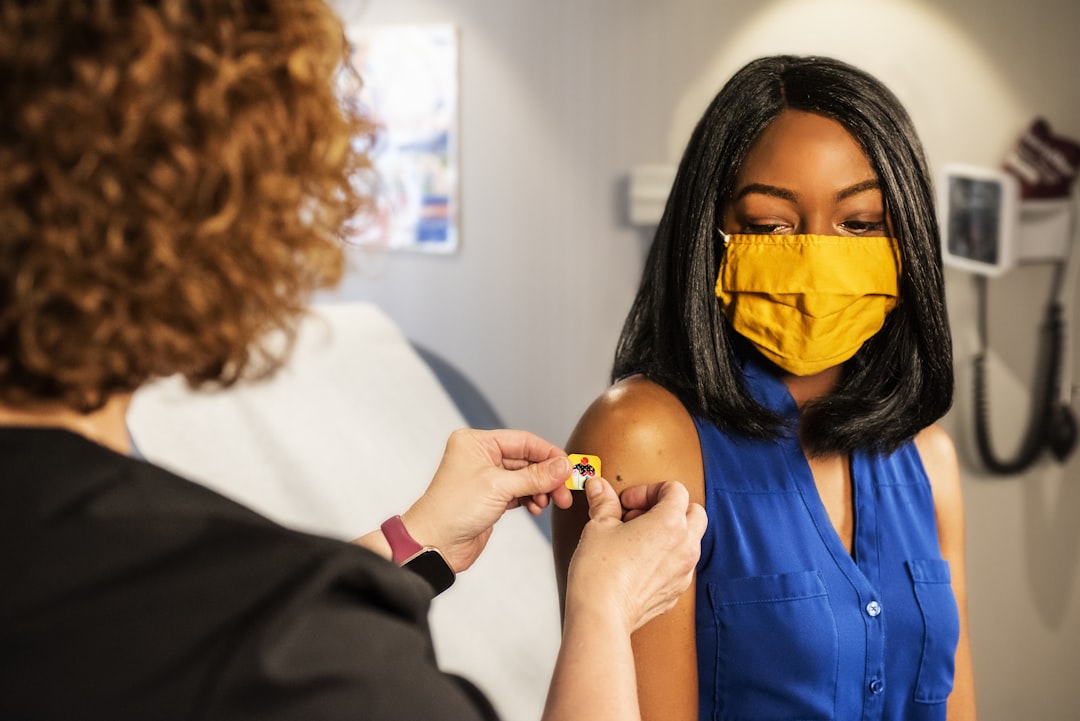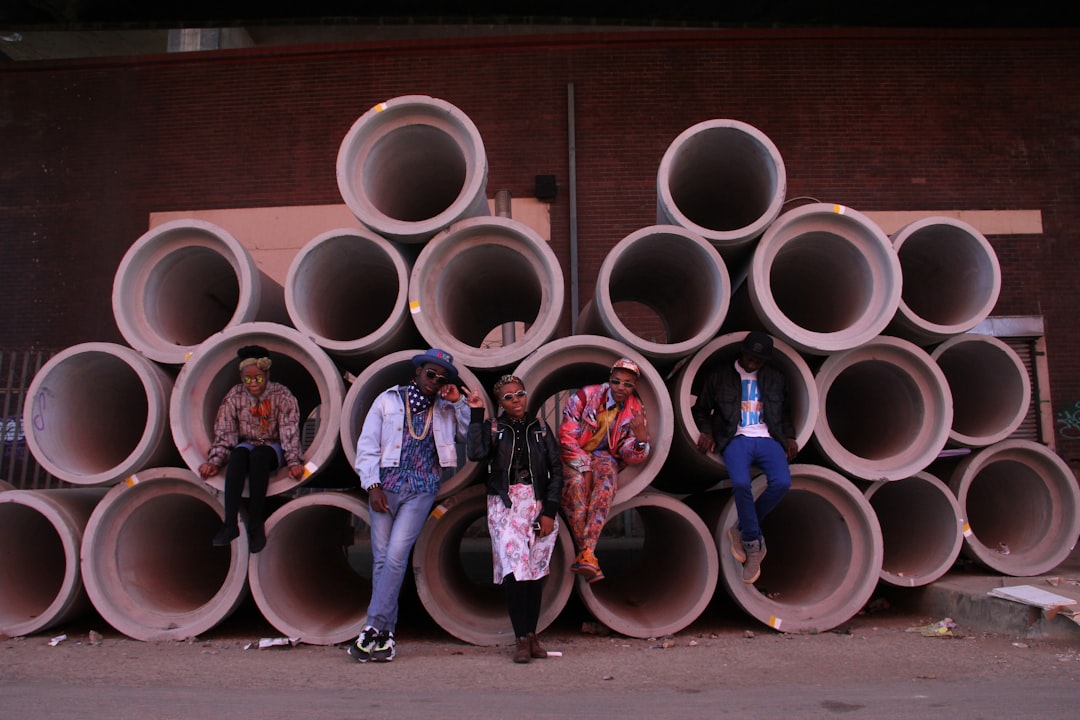What is it about?
We looked at why some people hesitate to get vaccines even though vaccines help stop diseases from spreading. We used a big survey from 43 countries to see how much people trust their government and science, and how this affects their thoughts about vaccines. We found that in most countries, when people trust their government and science, they're more likely to get a COVID-19 vaccine. People who believe in conspiracy theories or don't trust experts were less likely to trust the government or science, and this made them less likely to want a vaccine. We also saw that a few countries, like Brazil, Honduras, and Russia, had different relationships between trust, beliefs, and vaccine attitudes.
Featured Image

Photo by Markus Spiske on Unsplash
Why is it important?
This means that how much people trust their government and science can change how they feel about vaccines. This is important for people who make policies about vaccines to know, so they can help people trust the government and science more and encourage more people to get vaccinated.
Read the Original
This page is a summary of: Mediation analysis of conspiratorial thinking and anti-expert sentiments on vaccine willingness., Health Psychology, April 2023, American Psychological Association (APA),
DOI: 10.1037/hea0001268.
You can read the full text:
Contributors
The following have contributed to this page










